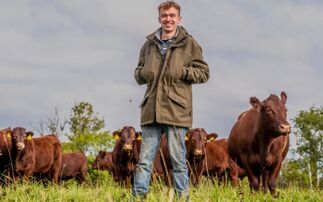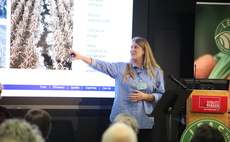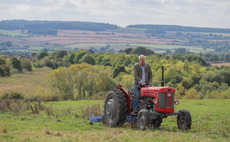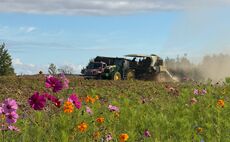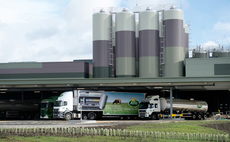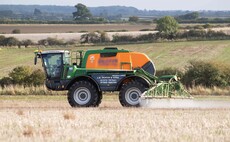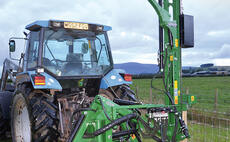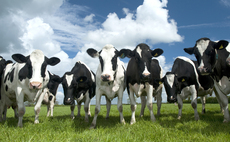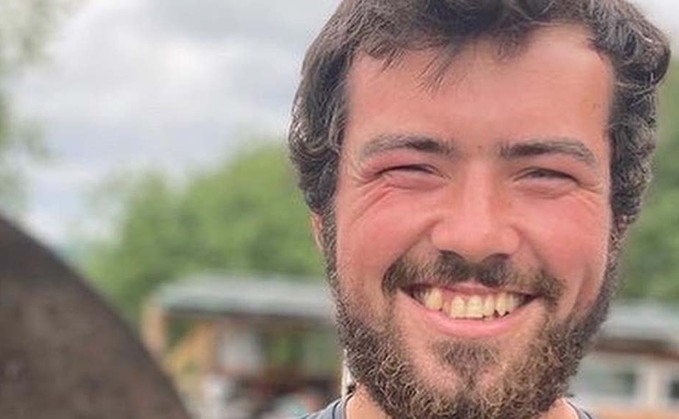
Hamish Evans, 25, a farmer and head grower at Middle Ground Growers, from Bath, Somerset.
As a new entrant farmer and NFU student and young farmer ambassador from the South West, I represent the NFU alongside running a thriving 200-member veg box enterprise and 16-acre regenerative farm, Middle Ground Growers.
I began growing on a small allotment-sized patch after moving onto a solar-powered narrowboat at age 16 not your typical entrance into farming.
Within a few years, this patch of soil developed into a successful organic business, and today, we supply 12 wholesale outlets, employ five staff members, train three new growers each year, and are starting multiple market gardens across Bath.
Despite huge challenges for young new entrant farmers and growers, we have developed an inspiring model for regenerative farming on an appropriate scale and are making a good living from a small acreage.
I am grateful for the opportunity to champion the small-scale, regenerative and collaborative examples of farming.
After nine years immersed in the soil, establishing an enterprise and devoting my hands to food growing, my work is now expanding to engage more widely with other farming systems.
Engaging with both the regenerative and more conventional farming spaces has demonstrated to me the potential for bridge building and collaboration to help build a more sustainable food system. It has given me hope for the future of farming and a love for the land I work with each day.
In many of these spaces, there are great land workers and pioneering farmers working on regenerating soils, communities and landscapes.
Yet, I believe the solutions to each systems limitations lie at the heart of the others successes, and can only be realised through finding common ground.
Ive attended plenty of alternative farming conferences where everyone works on their own solutions, agrees with what needs to be done and that the conventional system could change.
Equally, I have been in conventional farming spaces where everyone broadly agrees with each other, talks shop about the issues and then goes back to their farm to try and get by producing food within this economic and political system that they feel undervalues them.
I believe the alternative/emerging farming and growing movement needs to engage more with the status quo, the current food system and the lived struggles, injustices and solutions of those who so often get blamed.
Equally, I believe more traditional farmers need to engage with regenerative approaches and visit alternative farms and conferences where some great solutions and initiatives are being pioneered from different perspectives. I believe that collaboration and open-mindedness are key to finding the solutions to the shared challenges we face today.









